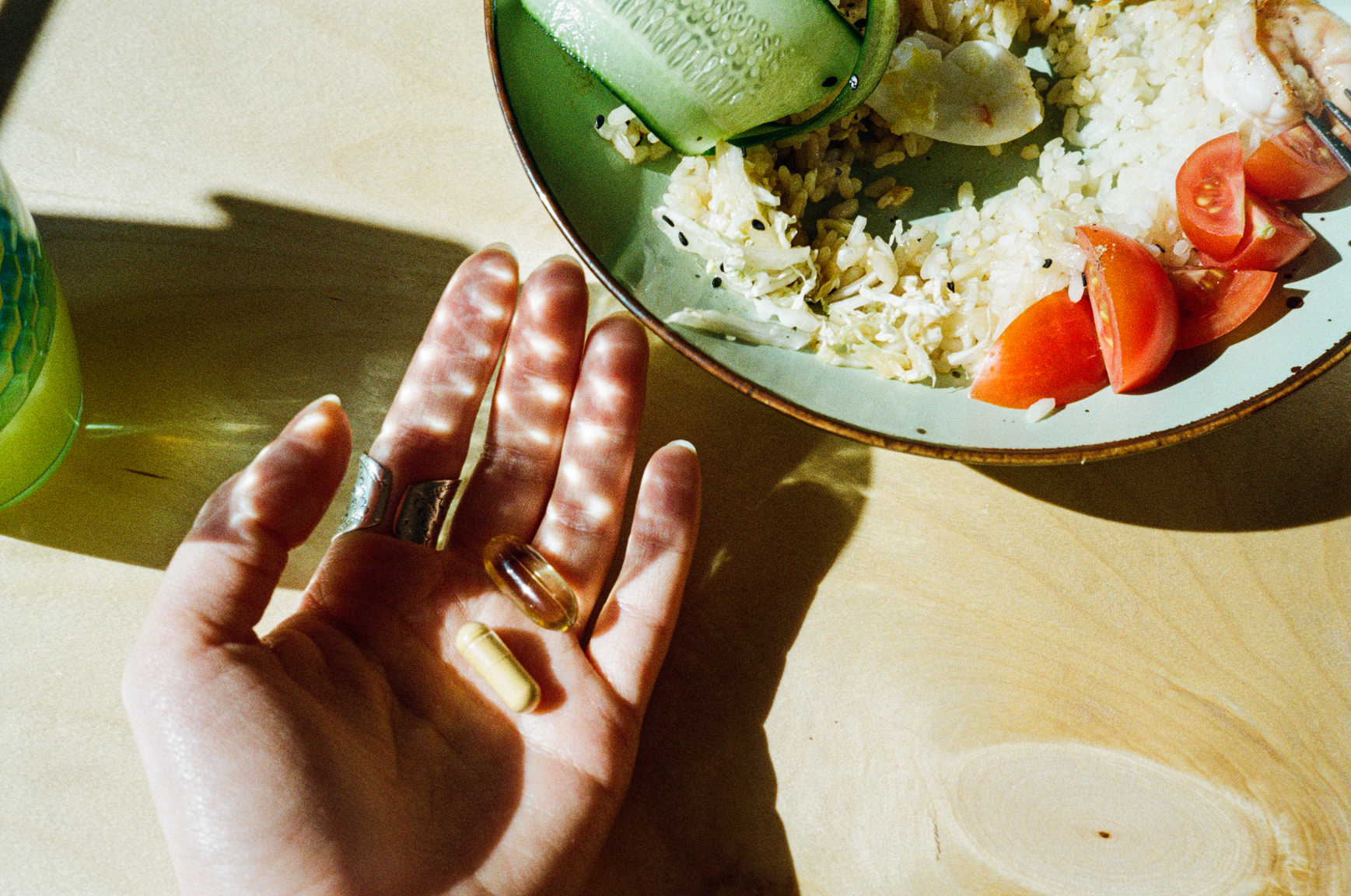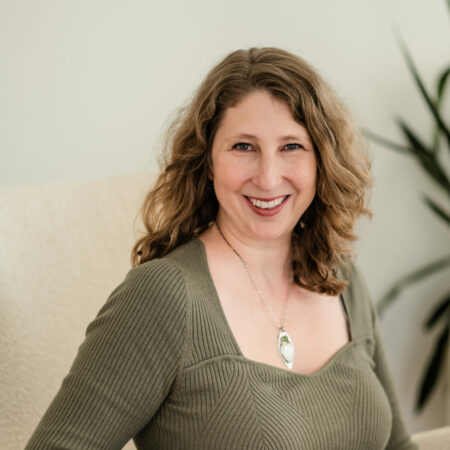What is ADHD?
Attention Deficit Hyperactivity Disorder (ADHD) is a behavioral health disorder that affects around 2% of adults. As the name implies, those affected with ADHD have challenges regulating focus and attention. Many people struggle with attention issues; however, these difficulties are much more significant for people with ADHD and can interfere with all areas of life.
There are three subtypes of ADHD: inattentive, hyperactive or impulsive, and combined type. Those diagnosed with hyperactive or impulsive types often struggle with an inability to sit still, fidgeting, and/or not being able to wait their turn or interrupt.
People diagnosed with inattentive type struggle with focus and attention, forgetfulness, poor time management, lack of attention to detail, and are often seen as “daydreamers”. A person who is diagnosed with combined type has a combination of the symptoms of ADHD listed above.
How is ADHD Diagnosed?
ADHD is diagnosed by patient-reported symptoms and screening tools. Unfortunately, there are no blood tests or imaging studies to confirm a diagnosis of ADHD. There are many misconceptions about ADHD and it can be overdiagnosed and haphazardly treated. ADHD begins in childhood and contrary to popular belief, does not just appear in adulthood.
Because nearly all psychiatric disorders may lead to challenges with focus, it is important to be evaluated by a skilled mental health professional to obtain a thorough assessment and proper diagnosis.
Many adults, particularly those with inattentive type ADHD fly under the radar and do not receive necessary intervention, academic support or treatment of their condition in childhood. Many women fall under this subtype.
Inattentive types can often be high achievers and develop many skills to mask or work around their ADHD symptoms. It becomes times of high stress or new life circumstances that their coping skills fail them and symptom control feels out of reach.
Undiagnosed and untreated ADHD carries a risk of other psychiatric diagnoses such as depression, anxiety, and substance abuse disorders. Individuals with ADHD experience more accidents, and injuries and have a decreased lifespan than their counterparts without ADHD. Many adults feel a sense of loss at missed opportunities and not living up to their full potential.
At Kellen Mental Health, we offer a screening tool that helps us better identify and properly diagnose those with ADHD.
Most patients feel a sense of relief and validation at getting an ADHD diagnosis. It can be helpful to gain insights into your individual strengths and areas of weakness to create a treatment plan that best addresses your individual needs.
What Medications Are Typically Prescribed for ADHD?
Stimulants are the type of medications most people refer to when treating ADHD. Medications such as Ritalin and Adderall fall under this category. These medications work similarly and increase the amount of dopamine and/or norepinephrine in the brain.
These medications have a high efficacy rate but can come with side effects such as elevated heart rate and blood pressure, decreased appetite, and difficulty falling asleep at night. Stimulant medications are considered the gold-standard treatment for ADHD, though there are non-stimulant options as well. This is often helpful in managing symptoms of impulsivity/hyperactivity and to a lesser degree, focus.
Examples of these types of medications are Guanfacine and Clonidine. These medications are thought to work by decreasing impulses, helping with memory, and improving attention. Because these medications cause relaxation, they may also cause drowsiness. Other side effects may include dizziness, nausea, low blood pressure, and/or lightheadedness.
If you are not interested in taking medications to treat your ADHD or hope to minimize your dose to reduce side effects, please know there are also lifestyle changes you can make to help you regain focus.
How to Manage & Treat ADHD Without Medications
Nutrition:
Modifying your diet can be a first step to better help you manage your ADHD symptoms. Eliminating sugars and processed foods can reduce inflammation and improve brain function. This is because inflammation may cause you to feel foggy and make your mental processing power slower.
Most Americans do not consume enough healthy fatty acids in their diet. If you can consume a safe fish such as sardines two to three times a week, you will get what you need. If sardines aren’t for you, try flax seed or an omega supplement that has the correct ratio of EPA/DHA.
Increasing dietary protein and fats can also assist in important neurotransmitter production and communication that is often lacking in those with ADHD. The Standard American Diet, or SAD diet, can cause imbalances in the microbiota in the gut and a cascade that results in system-wide inflammation.
Adopting a predominantly plant-based diet or a Mediterranean diet can help reduce inflammation. Lab work can check for nutritional deficiencies that are the building blocks of neurotransmitters implicated in ADHD and other psychiatric concerns such as dopamine, norepinephrine, and serotonin.
Sleep and Exercise:
While sleep can be difficult for many people, it is important to get at least seven hours of sleep a night. Lack of sleep can lead to fogginess. In addition, lack of sleep can cause disrupted blood sugar levels causing us to feel unfocused.
Most individuals with ADHD struggle with sleep issues that can often be traced back to childhood. Some patients have described “I have a hard time getting my mind to shut off” or “I only seem to need 5 hours of sleep.” Other patients struggle with turning off devices and other potential sources of light stimulation or tend to be “night owls” that suffer the next morning to get moving.
Sleep is precious and when you are not getting enough or not getting a good quality of sleep your focus often suffers. Getting daily exercise is important for brain health, as well as physical health. Aim for at least 30 minutes of cardiovascular activity a day and 3-4 days. Often you will feel most “clear-headed” after engaging in physical activity.
Stress Management:
The parasympathetic nervous system is part of the autonomic nervous system and is responsible for allowing our body to relax. If we are unable to relax our nervous system, our body remains in a “revved”, or anxious state.
When we are anxious, we are unable to focus on necessary tasks. Take time to calm your parasympathetic nervous system by deep breathing exercises. Yoga can be a great strategy for deep breathing and calming the nervous system. Individuals with ADHD often experience low frustration tolerance and difficulty emotionally regulating.
Mindfulness is a proven technique to help individuals with ADHD find relief. Acupuncture can be helpful at ADHD management and we can provide referrals to our skilled acupuncturist partners.
Environment:
Taking short breaks often can help alleviate the sense of overwhelm that comes with powering through work or prolonged tasks. Breaking tasks into smaller pieces often makes them less daunting and more manageable.
Setting reminders on your phone is another strategy to keep on track. People with ADHD are often visual learners and it can help to have a weekly planner, to create lists or print out tasks and arrange them in order from most important to things that can wait.
Consider hiring an organizer or asking a friend or family member with organizational skills to help you create a system that works because I promise you can’t actually find everything you need, when you need it in the piles that have consumed your workspace.
Get outside and spend time in green spaces and by bodies of water (you now have an excuse to go to the beach). This promotes gentle attention and mindfulness. Consider hiking or forest bathing to unwind.
Supplementation:
In addition to a balanced diet, supplements like vitamins and minerals may offer help with inattention. Omega-3s, Vitamin D, B vitamins, or certain adaptogens could be right for you.
Lab work can help undercover specific amino acid and nutrient depletions that can be easily addressed. A skilled behavioral health medical provider can help you discern what your best options are.
Some last words about ADHD treatment:
Medications can help with ADHD symptoms, but there are other options that may help you minimize the amount of medication you need or how often you take the medication. Working with a medical provider who shares your values and is willing to help you meet your treatment goals is essential.
Balance: Reduce ADHD Symptoms and Improve Executive Functioning
For adults with ADHD, achieving balance and improving executive functioning can be facilitated through a holistic approach that combines dietary adjustments, proper sleep, physical activity, stress management, and environmental modifications.
Therapies like Cognitive Behavioral Therapy (CBT) and support groups offer invaluable resources for adults with ADHD to develop strategies for better managing their symptoms and improving their daily functioning. CBT, in particular, can help in addressing the challenges associated with ADHD, such as low frustration tolerance and difficulty in emotional regulation, by providing tools to enhance mindfulness and coping mechanisms.
All together these approaches present a comprehensive strategy for adults with ADHD to reduce impulsivity and enhance their executive functioning, leading to a more balanced and productive life.
Whether you are seeking medication to manage your symptoms or alternative options, we can help you find a solution for your lack of concentration. You owe it to yourself to treat your ADHD.


